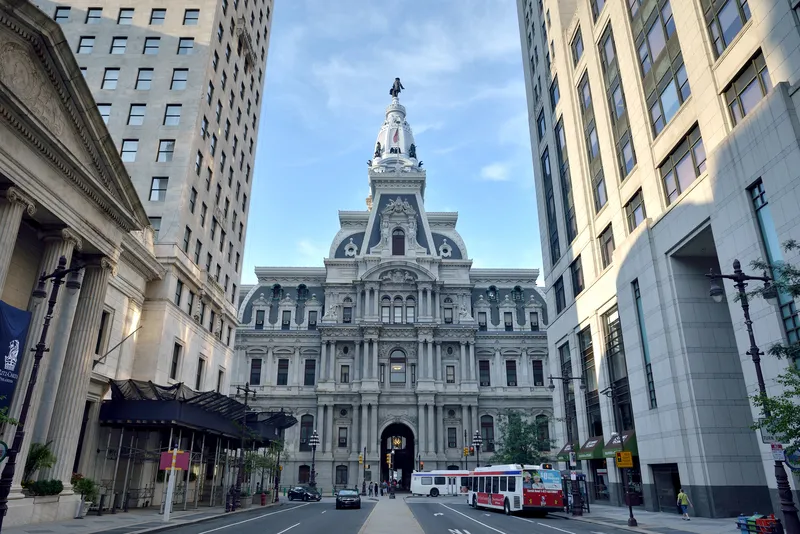Buses that glide noiselessly without emissions, that pick up passengers indoors and which are powered by a renewable source of electricity – this will become a reality in 2015, if a new initiative in the Swedish city of Gothenburg is successful. Behind the initiative, known as ElectriCity, is the Volvo Group, in cooperation with the Swedish Energy Agency, the City of Gothenburg, Västtrafik, Lindholmen Science Park and Johanneberg Science Park. The aim is to make buses powered entirely by electricity from r
June 18, 2013
Read time: 2 mins
Buses that glide noiselessly without emissions, that pick up passengers indoors and which are powered by a renewable source of electricity – this will become a reality in 2015, if a new initiative in the Swedish city of Gothenburg is successful.
Behind the initiative, known as ElectriCity, is the609 Volvo Group, in cooperation with the Swedish Energy Agency, the City of Gothenburg, Västtrafik, Lindholmen Science Park and Johanneberg Science Park. The aim is to make buses powered entirely by electricity from renewable sources part of the Gothenburg’s public-transport system. The buses will be fuel-efficient, silent and completely emissions-free. At least one of the bus stops will be located indoors.
“This represents an entirely new mode of travel and will allow for the public-transport system to contribute to a more pleasant urban environment. A silent and emissions-free public-transport system will enable the inclusion of locations in the city that are currently off limits. It is immensely satisfying to be able to launch this in our hometown, in cooperation with Region Västra Götaland and the City of Gothenburg,” commented Olof Persson, president and CEO of Volvo.
Commencing in 2015, the electric buses are to run between Johanneberg Science Park adjacent to Chalmers and Lindholmen Science Park in Hisingen.
“The electric bus service entails a new mode of public-transport system usage, which is highly positive for Gothenburg. It will highlight Gothenburg as a progressive city in terms of city planning. This is also in line with our prioritised objective of having Gothenburg reduce its climate impact to become a climate-neutral city, and of increasing sustainable travel,” explains Anneli Hulthén, chairman of the Municipal Board.
The initiative also includes the creation and trial runs of new bus-stop solutions, traffic-routing systems, safety concepts, energy supply and business models.
Behind the initiative, known as ElectriCity, is the
“This represents an entirely new mode of travel and will allow for the public-transport system to contribute to a more pleasant urban environment. A silent and emissions-free public-transport system will enable the inclusion of locations in the city that are currently off limits. It is immensely satisfying to be able to launch this in our hometown, in cooperation with Region Västra Götaland and the City of Gothenburg,” commented Olof Persson, president and CEO of Volvo.
Commencing in 2015, the electric buses are to run between Johanneberg Science Park adjacent to Chalmers and Lindholmen Science Park in Hisingen.
“The electric bus service entails a new mode of public-transport system usage, which is highly positive for Gothenburg. It will highlight Gothenburg as a progressive city in terms of city planning. This is also in line with our prioritised objective of having Gothenburg reduce its climate impact to become a climate-neutral city, and of increasing sustainable travel,” explains Anneli Hulthén, chairman of the Municipal Board.
The initiative also includes the creation and trial runs of new bus-stop solutions, traffic-routing systems, safety concepts, energy supply and business models.










